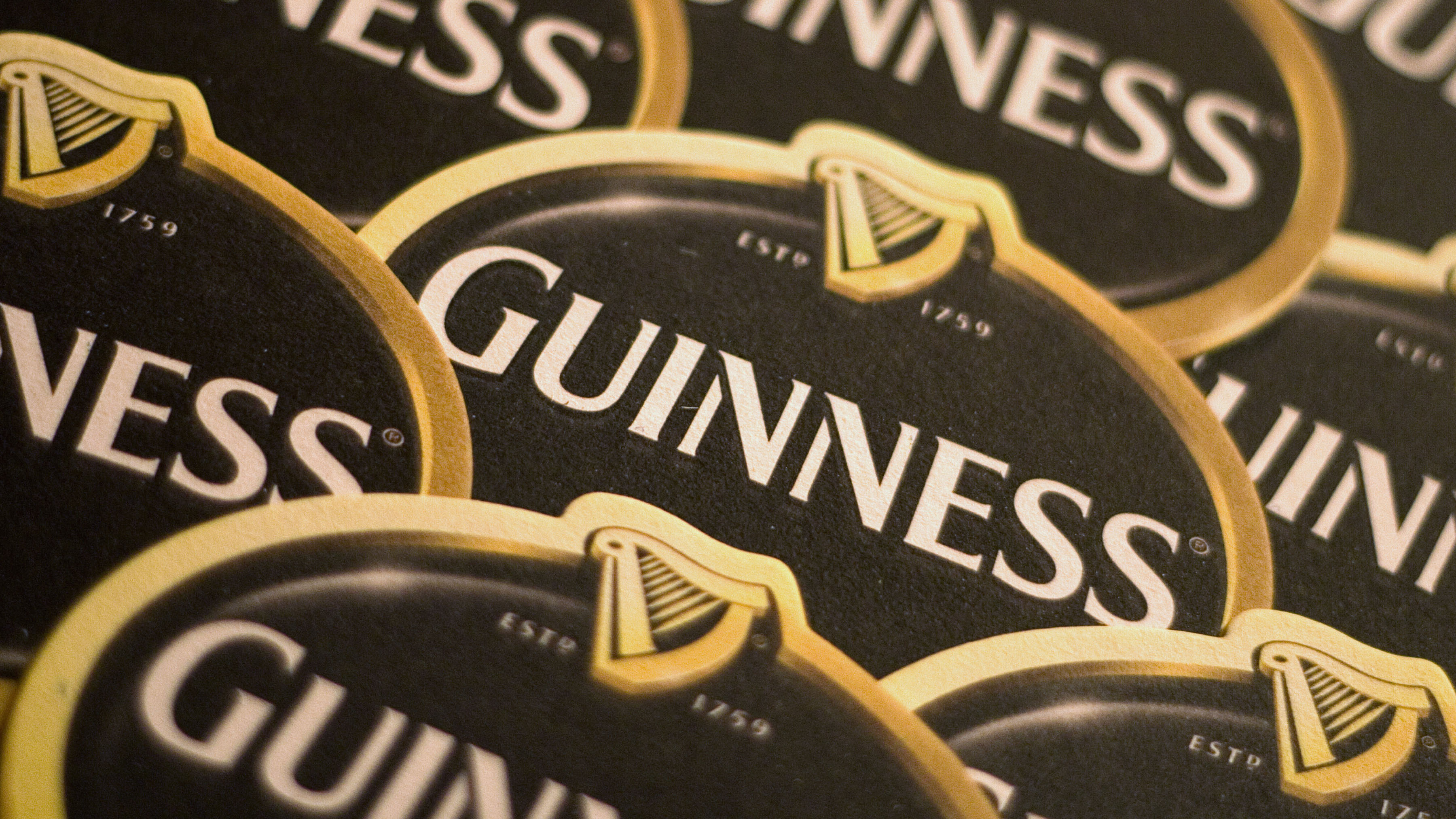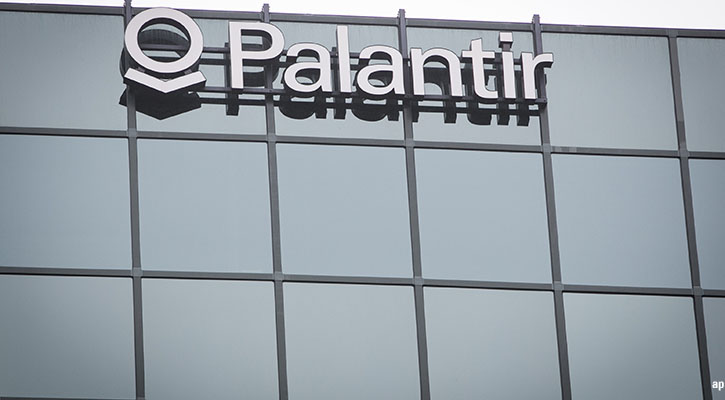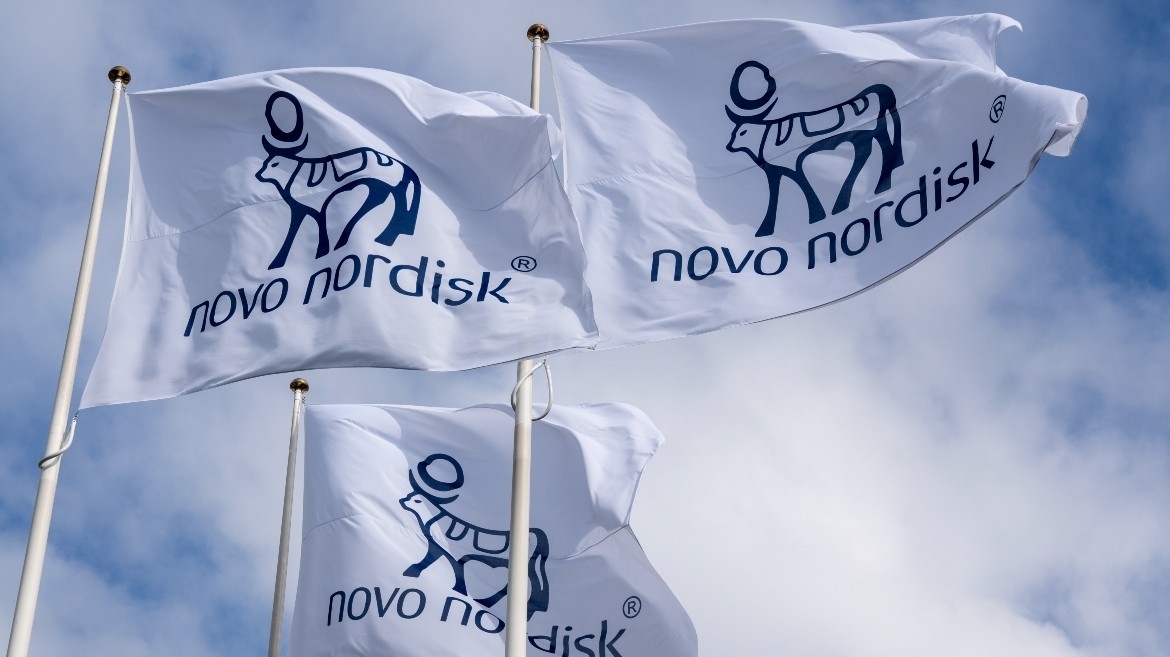We weren’t surprised to learn that bookings since March have slowed as Carnival Cruise Lines (CCL) had come off a healthy start to 2014, with January setting a one-month reservation record of more than 565,000 passengers for voyages, up 17% year over year. That said, the company’s cumulative advance bookings are still ahead of last year at higher prices.
We think that as the company’s brand image recovers, this trend should persist, and we are maintaining our narrow moat rating and expect to only moderately change our £26 fair value estimate. We view shares as undervalued, trading at a 10% discount to our fair value estimate, and think opportunities that the company is currently embarking upon (including expanding in underpenetrated markets like China) could prove more lucrative than we currently estimate.
Strategically, we think the company is taking all the appropriate steps to drive sustainable positive income growth longer term, on both the price and cost sides of the business. On the pricing side, we view the decision to accept lower occupancy rates at stable prices as wise, particularly since occupancy remains over 100%, as this positions the company to capture better pricing in 2015, when capacity in the weaker-priced Caribbean will decline materially, shifting the supply demand equilibrium.
While we haven’t heard elaborate details on how the company plans to improve the cost side of the business, we believe the opportunity to save is robust, as a 1% decline in expenses (excluding fuel and payroll) saves roughly $60 million, and we expect to hear detailed findings from the company later this year. Together, improvements in costs and yields should be a significant tailwind, although we expect cost initiatives to begin implementation not until 2015 since they are currently being evaluated, which would lead to improved profitability in 2016.
Longer term, opportunities in underpenetrated regions like Asia, Australia, and South America, where industry capacity is still in the single digits, provides the ability to redeploy ships to change the global supply/demand dynamic.
In the near term, however, Carnival is still improving its net yields, which remain well below peak levels—which we don’t find particularly worrisome as the company still generates a tremendous amount of free cash flow (more than $660 million in both 2012 and 2013, which were difficult years for the industry). With Caribbean pricing still struggling we were glad to see Europe was promising, and think this lends merit to the global positioning of the business—when one region is weak, assets can be redeployed to more lucrative markets.
As previously noted, cumulative advance bookings are slightly higher than last year at slightly higher prices, and the booking curve is lengthening which means it’s likely that fewer last minute discounts will have to be offered. Overall, while the third quarter tends to appear slightly weaker than previously expected with expenses ex fuel growing faster than yields, the fourth quarter seems stronger, and we believe that the general demand trend for the business is positive.






























